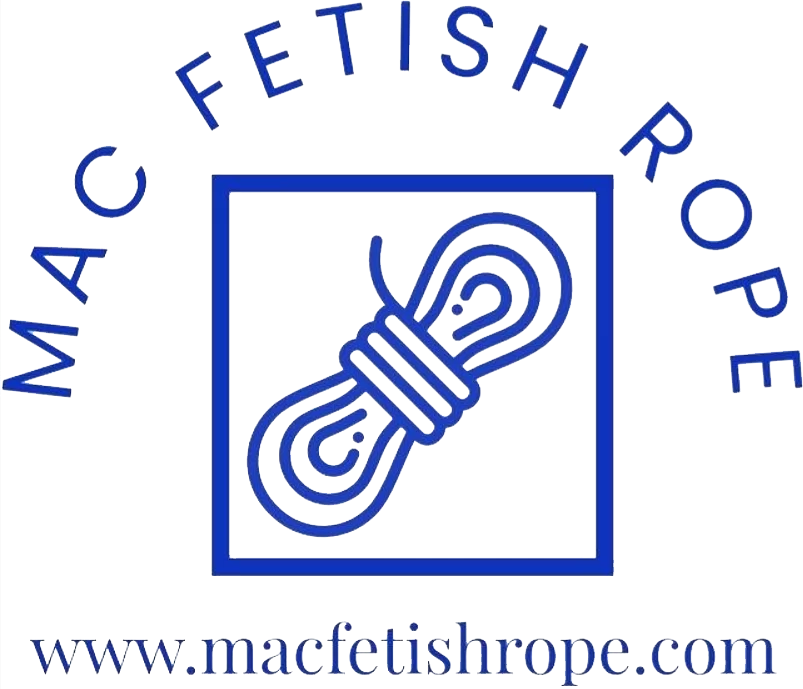The D/S lifestyle is an intimate and consensual practice that involves power exchange dynamics between individuals. At its core, the lifestyle revolves around trust, communication, consent, and respect for boundaries. Consent plays a pivotal role in ensuring the physical, emotional, and psychological well-being of all parties involved. It is essential to address the issue of consent violations within the D/S lifestyle and discuss proactive measures to avoid such breaches with this in mind it is important to explore strategies for fostering a culture of consent, empowering individuals, and preventing consent violations.
To effectively prevent consent violations, a comprehensive understanding of consent is crucial. Consent is a voluntary, informed, and enthusiastic agreement between all parties involved in a specific activity. It must be ongoing, explicit, and freely given, devoid of coercion or manipulation. Consent should be specific, indicating the boundaries and limitations set by individuals within the dynamic.
Open and honest communication forms the foundation of a healthy lifestyle relationship. Both dominants and submissives need to engage in frequent and comprehensive discussions about their desires, limits, and expectations. These discussions allow for the negotiation of boundaries, activities, and the establishment of a safe word or signal that allows immediate cessation of any activity if necessary. Transparent communication helps build trust and ensures that all parties involved are aware of each other’s needs and limits.
Consent is not a one-time event; it is an ongoing process that requires active participation and regular check-ins. Within the lifestyle, it is crucial to prioritize consent by continually assessing the comfort levels and well-being of all individuals involved. Regular check-ins during and after scenes or activities can help gauge emotional and physical states, ensuring that consent remains intact throughout the interaction.
An essential aspect of avoiding consent violations within D/S is acquiring knowledge and education about best practices, safety protocols, and consent dynamics. Individuals should actively seek out resources, attend workshops, and engage with the community to enhance their understanding of consent, negotiation, and the four main practices SSC, RACK, PRICK, and the Four C’s. This knowledge empowers participants to make informed decisions and engage in activities with a thorough understanding of potential risks and responsibilities.
Respecting and honoring the established hard and soft limits is vital. Hard limits are non-negotiable boundaries that must not be crossed under any circumstances, while soft limits represent areas where individuals may be open to exploring, but with caution and ongoing negotiation. Both dominants and submissives should be committed to upholding these limits and should never pressure or coerce their partner into engaging in activities outside of the agreed-upon boundaries.
Despite taking preventive measures, consent violations can still occur and in such cases, it is crucial to have a well-defined response plan. Victims of consent violations should feel safe and supported when reporting incidents. Establishing a supportive network, both within the D/S community and in professional settings, can provide survivors with the necessary resources and assistance. Holding violators accountable, reporting incidents to appropriate authorities, and seeking legal action, if necessary, can contribute to a safer and more responsible community. Remember this, when consent is violated, it is no longer “lifestyle” but abuse.
The D/S lifestyle thrives on trust, respect, and the consensual exchange of power. Preventing consent violations within this dynamic requires a commitment to ongoing communication, education, and the establishment and preservation of personal boundaries. By promoting open dialogue, prioritizing continuous consent check-ins, and responding appropriately to violations, individuals within the lifestyle can create a culture that places the well-being and autonomy of all participants at the forefront. It is through these proactive measures that we can foster a safe, empowering, and consensual environment within the D/s community.

